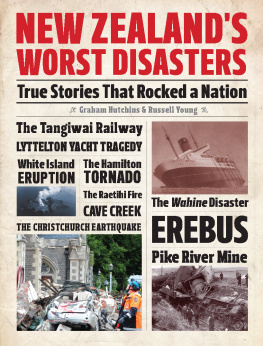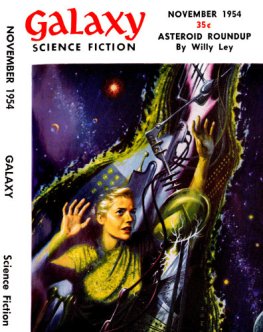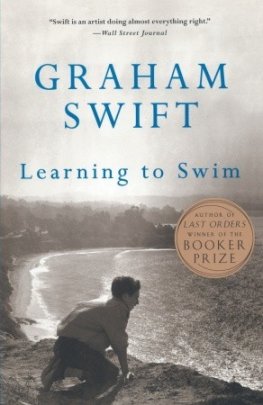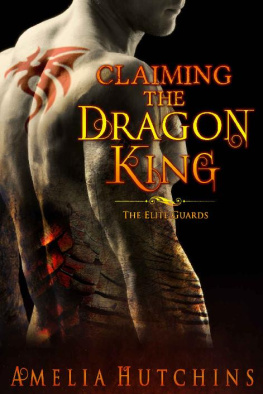Graham Hutchins - Once Upon A Cowpat: Stories from the back country
Here you can read online Graham Hutchins - Once Upon A Cowpat: Stories from the back country full text of the book (entire story) in english for free. Download pdf and epub, get meaning, cover and reviews about this ebook. year: 2009, publisher: Exisle Publishing Pty Ltd, genre: Detective and thriller. Description of the work, (preface) as well as reviews are available. Best literature library LitArk.com created for fans of good reading and offers a wide selection of genres:
Romance novel
Science fiction
Adventure
Detective
Science
History
Home and family
Prose
Art
Politics
Computer
Non-fiction
Religion
Business
Children
Humor
Choose a favorite category and find really read worthwhile books. Enjoy immersion in the world of imagination, feel the emotions of the characters or learn something new for yourself, make an fascinating discovery.

- Book:Once Upon A Cowpat: Stories from the back country
- Author:
- Publisher:Exisle Publishing Pty Ltd
- Genre:
- Year:2009
- Rating:5 / 5
- Favourites:Add to favourites
- Your mark:
- 100
- 1
- 2
- 3
- 4
- 5
Once Upon A Cowpat: Stories from the back country: summary, description and annotation
We offer to read an annotation, description, summary or preface (depends on what the author of the book "Once Upon A Cowpat: Stories from the back country" wrote himself). If you haven't found the necessary information about the book — write in the comments, we will try to find it.
Once Upon A Cowpat: Stories from the back country — read online for free the complete book (whole text) full work
Below is the text of the book, divided by pages. System saving the place of the last page read, allows you to conveniently read the book "Once Upon A Cowpat: Stories from the back country" online for free, without having to search again every time where you left off. Put a bookmark, and you can go to the page where you finished reading at any time.
Font size:
Interval:
Bookmark:
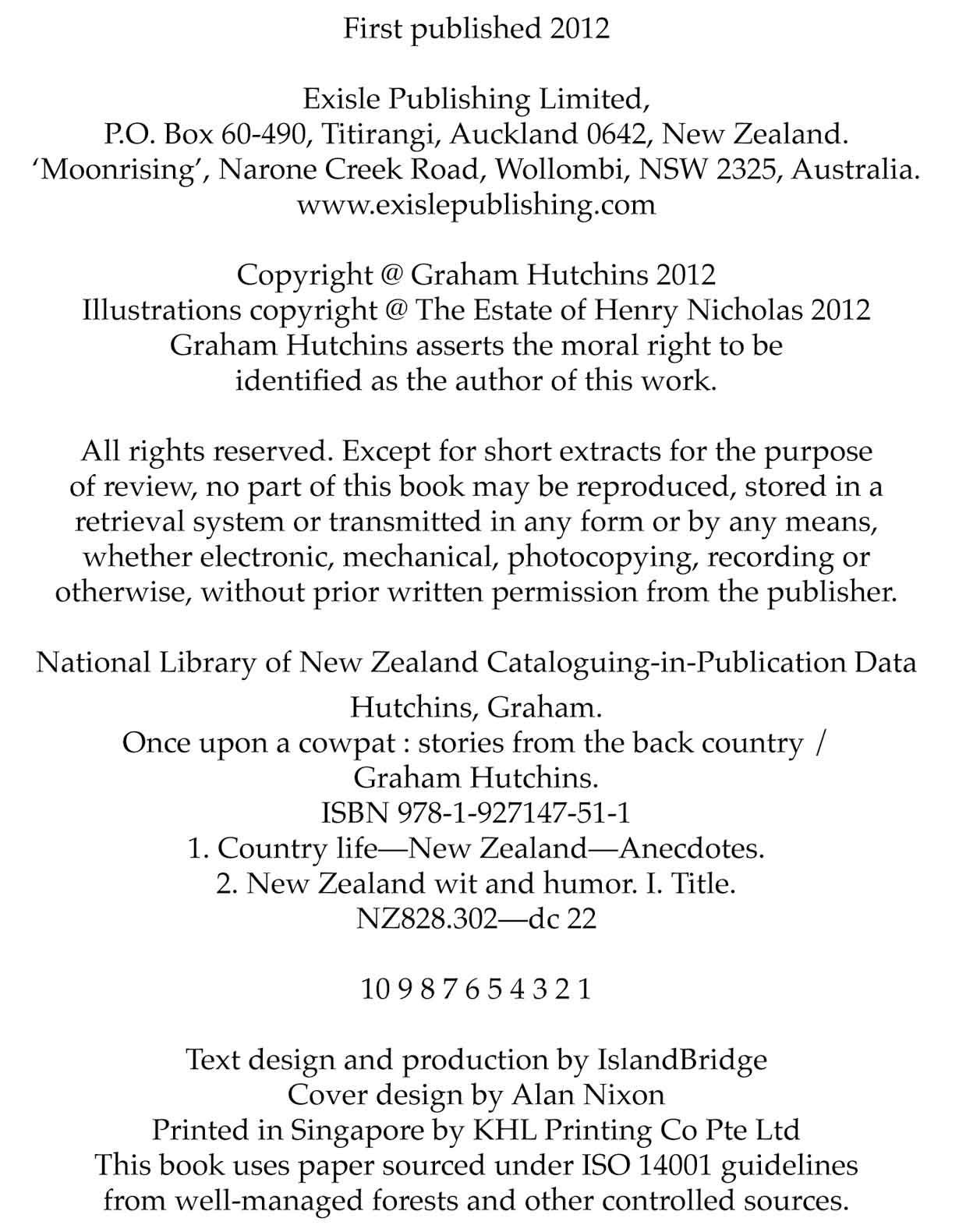
Graham Hutchins grew up in the agricultural servicing town of Te Kuiti, close to a host of farms and farmers nestled in the hills behind his home. Later he lived in the country for over 30 years, where his dealings with farms and farmers became more direct. A full-time writer, Graham has published more than 30 books on rugby, railways, popular music and kiwiana. He now lives in Hamilton.
What was it like at the beginning, on the land? In terms of postEuropean farming that is. Obviously it wasnt about evolutionary creatures crawling out of the primordial ooze wearing the beginnings of black singlets and gumboots and making prehistoric noises that sounded a bit like a sharemilker saying, Gday.
But farming had to start somewhere. And farmers. The tale of James and other members of his family, who immigrated to New Zealand in the 1870s, is fairly typical. After landing at Napier they moved south to Woodville where an existence was carved out, often literally, from the bush-covered land. The new settlement was named Woodville because there was a lot of wood and woods around. Land was cleared, whares erected, children were born. James set up as a shoemaker and later as a commission agent, after carrying out the obligations of a bush-felling contract.
In 1876 there were only two women in Woodville Mrs J. Murphy the publicans wife, and James wife Elizabeth. The Murphys two children and James daughter were the first Woodville children. As the town grew and the bush receded, Woodville became a thriving service centre. Dairying was developing to the point that, by 1883, it had become the most productive enterprise in the area.
It wasnt easy passing up a settled existence in Woodville where you and your family had already done the pioneer breaking-in-of-the-land thing. Obviously Woodville wasnt Metropolis, but it did have a growing population. The trains were now calling from the south, not that the building of the line through the Manawatu Gorge made much progress.
Perhaps James heard the call of the wild. Felt the pull of pioneering ancestors. But in the late 1890s he and his brother and sundry offspring honoured a pledge to break in a backwater of Taranaki, with a view to reaping the profits of eventual fertile, workable belts.
Tongaporutu on the coast of Taranaki is little known, even today. Back in the 1890s the main road todays extension of SH3 to and beyond New Plymouth was still coming through. In the back of Tongaporutu lay a stretch of rugged, bush-covered New Zealand, the sort of unforgiving backwater that only the stout-hearted would confront.
Farms were allocated on land that was leased with the right of purchase, and James and his kin set out into the wilderness in 1896. The area in the back of Tongaporutu was known as Makarakia. There was no road access. Supplies were either pack-horsed in once a year or the Tongaporutu River was used as a means of conveyance into a hinterland that was speculative at best.
Family members, after the pilgrimage from the south and it was a grim passage from the relatively broken-in and settled Woodville were allocated 100-acre blocks. Whares again went up, immediate bush clearances made. Members of James family eventually occupied six of the seven sections on Makarakia Block 8.
Over the years land was cleared, and lower, more level reaches supported dairy cows. On the flanks cattle and sheep did their best to find fodder and foraging rights. A surfeit of rain was a problem. Streams and rivers flooded, inconveniencing the pioneers. The region had its very own Great Flood, a time when waters rose to cover river bridges and threaten low-lying areas. The point was made, perhaps unhelpfully, that we reap what we sow, which was less about failed potato crops and corn, and more about the impact on the land of flood plains denuded of vegetation. Watercourses began to spread and endanger settlements.
In such a setting the Great Flood of 1902 came through. Old man James, the patriarch, sprang into action. Although only 4 foot 10, he didnt want for authority. That, after all, was not as piffling a statistic back in the early 1900s as it is now. And then there was the business of James beard. It was waist-length in the days when beard size rather dictated a mans mana. His sheer seniority and booming voice added to his sense of importance.
James was very much in charge as the river rose, obliterating the bridge. The only option was to evacuate the area, turning a felled log which came down across the river into a bridge for those who were trapped. Alfred, one of James sons, lived with his wife and kids on one side of the river. Another, Harry, lived on the opposite side. It was deemed necessary to evacuate Alfreds family. However, Alfred was away at the time and Harry prepared himself to carry Alfreds family to safety.
Harry was a bachelor and in terms of the protocols and prudery of the day, James deemed it undesirable for Harry to carry Alfs wife across. So James the patriarch stepped, literally, into the breach. Despite his diminutive stature, he planned to carry the helpless woman to safety. The long beard may have snarled on flotsam. Alfs wife might have been heavier than she looked. The upshot was that James, the perfect gentleman upholding a womans honour, attempting in fact to uphold her, overbalanced and both plunged into the raging waters. Whereupon Harry the bachelor dived in and saved them both, providing some kind of moral to the story.
Harry was a man of some distinction. He was a skilled axeman and once went to London to compete in an international wood-chopping competition. He came third and won a jewelled bracelet, which he presented to his fiance Rene. He later married Rene and thus became eligible himself to carry other mens wives across flooded streams.
The contingent at Makarakia had survived the New Zealand death at a time when drowning was far too common. And old James wasnt always that proper anyway.
He had developed a small orchard on his property and Harrys pigs would occasionally sneak across the stream on the lookout for apples. It was bad enough that the out-of-bounds pigs snaffled windfall fruit, but when they were seen nudging the trees to coax the top fruit down, James would start swearing loudly. In a close-knit community, what goes around comes around. A three-year-old grandson heard the swear words and committed them to memory. It became a standing joke to try to get the grandson to repeat what Grandpa said to Uncle Harrys pigs, but the swear words only came out on special occasions.
James first wife had been a professional chemist in the old country, where she had three brothers who all became doctors and later all died of consumption. She also had three surviving sisters, who were well-heeled and grand. They paid a visit to the wilds of Makarakia to meet their deceased sisters family.
Everyone was instructed to be on their best behaviour when the three great-aunts arrived from London, but several reprobate uncles urged the grandson to come out with the swear words. Airs and graces counted for little in the lives of the pioneers and a robust colonial sense of humour was beginning to emerge. The grandson remained tight-lipped until someone in exasperation tugged at the kids long curly hair, which like his Grandpas beard was waist-length. And just like his Grandpa, a fusillade of swear words stunned everyone but the smirking uncles.
Font size:
Interval:
Bookmark:
Similar books «Once Upon A Cowpat: Stories from the back country»
Look at similar books to Once Upon A Cowpat: Stories from the back country. We have selected literature similar in name and meaning in the hope of providing readers with more options to find new, interesting, not yet read works.
Discussion, reviews of the book Once Upon A Cowpat: Stories from the back country and just readers' own opinions. Leave your comments, write what you think about the work, its meaning or the main characters. Specify what exactly you liked and what you didn't like, and why you think so.

